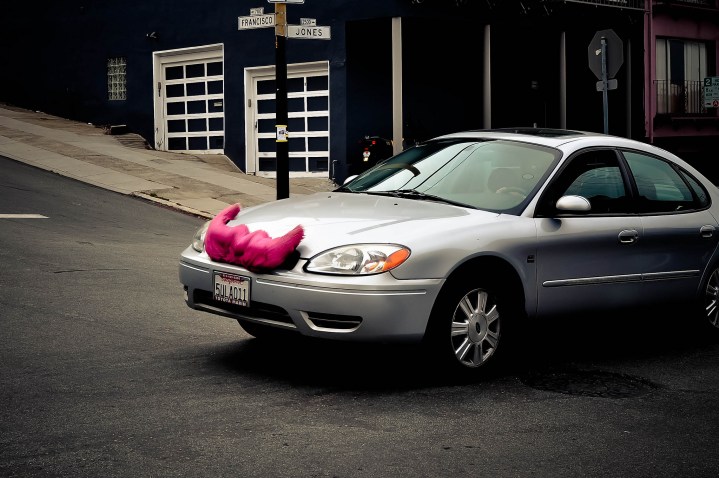
According to the leaked numbers, rides increased by 1.3 million month-over-month to 12.7 million, a record for Lyft. If the service continues this trend, it should see a total of around 152 million rides by year’s end. However, Lyft reportedly notes that the ride volume will either stay the same or slightly decrease due to college students going home for the summer and Lyft stopping its operations in Austin, Texas. Even so, Lyft reportedly believes it will surpass its predicted growth by 35 percent.
Lyft made the decision to halt operations in Austin after the majority of city voters rejected a referendum that would decide whether to overturn an ordinance that requires ride-sharing services to fingerprint drivers during the screening process. Uber, meanwhile, pulled out of Austin completely, with the city’s residents trying out informal alternatives.
Elsewhere, Lyft reportedly had 2.8 million unique riders in May — another company record — as well as an increase of 25 percent year-over-year in rides per active passenger. Interestingly, 14 markets had over 300,000 rides in May, a substantial increase from the two markets last year that saw similar numbers. More Lyft rides are also being taken without discounts or coupons as the number of paid rides for 2016 so far have exceeded all of 2015 for paid rides.
At that rate, Lyft reportedly predicts a total net value of its rides of around $1.9 billion for 2016.
Overall, Lyft seems to have had a record May, with the future only looking brighter for the ride-sharing service. Even so, Lyft not only faces stiff competition here in the U.S. with Uber, but also overseas with the likes of Didi in China and Ola in India. As such, Lyft would need to continually strengthen its numbers if it wants to keep up, or even surpass, all the others.
Editors' Recommendations
- Lyft says it’s trying to get rid of surge pricing
- Lyft, Uber to offer discounted rides to the polls on election day
- Lyft won’t shut down operations in California tonight after all
- Lyft also threatens to shut down California operations over worker law
- Lyft sells PPE supplies to its drivers — and some are furious they’re not free


